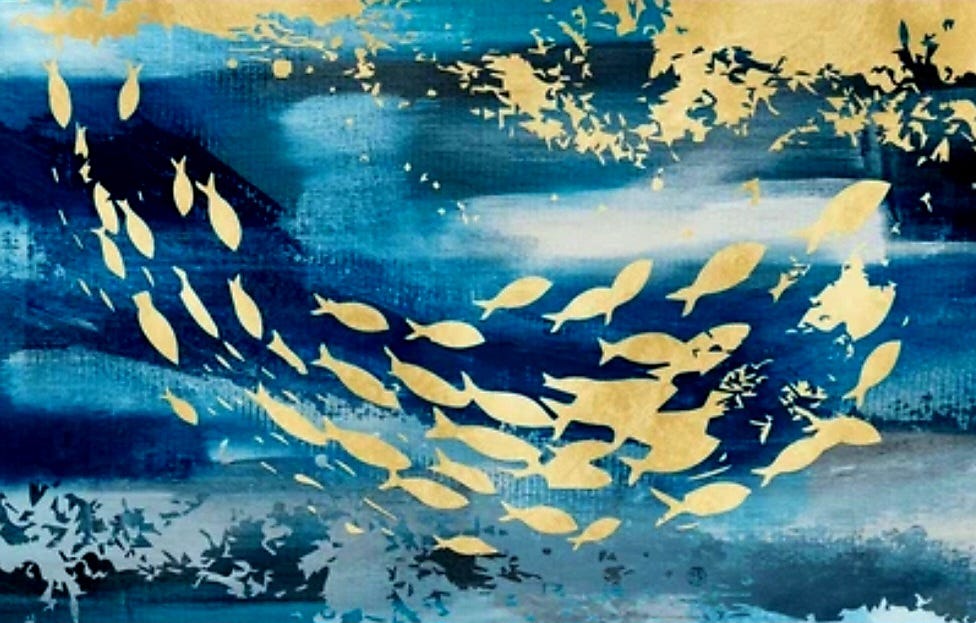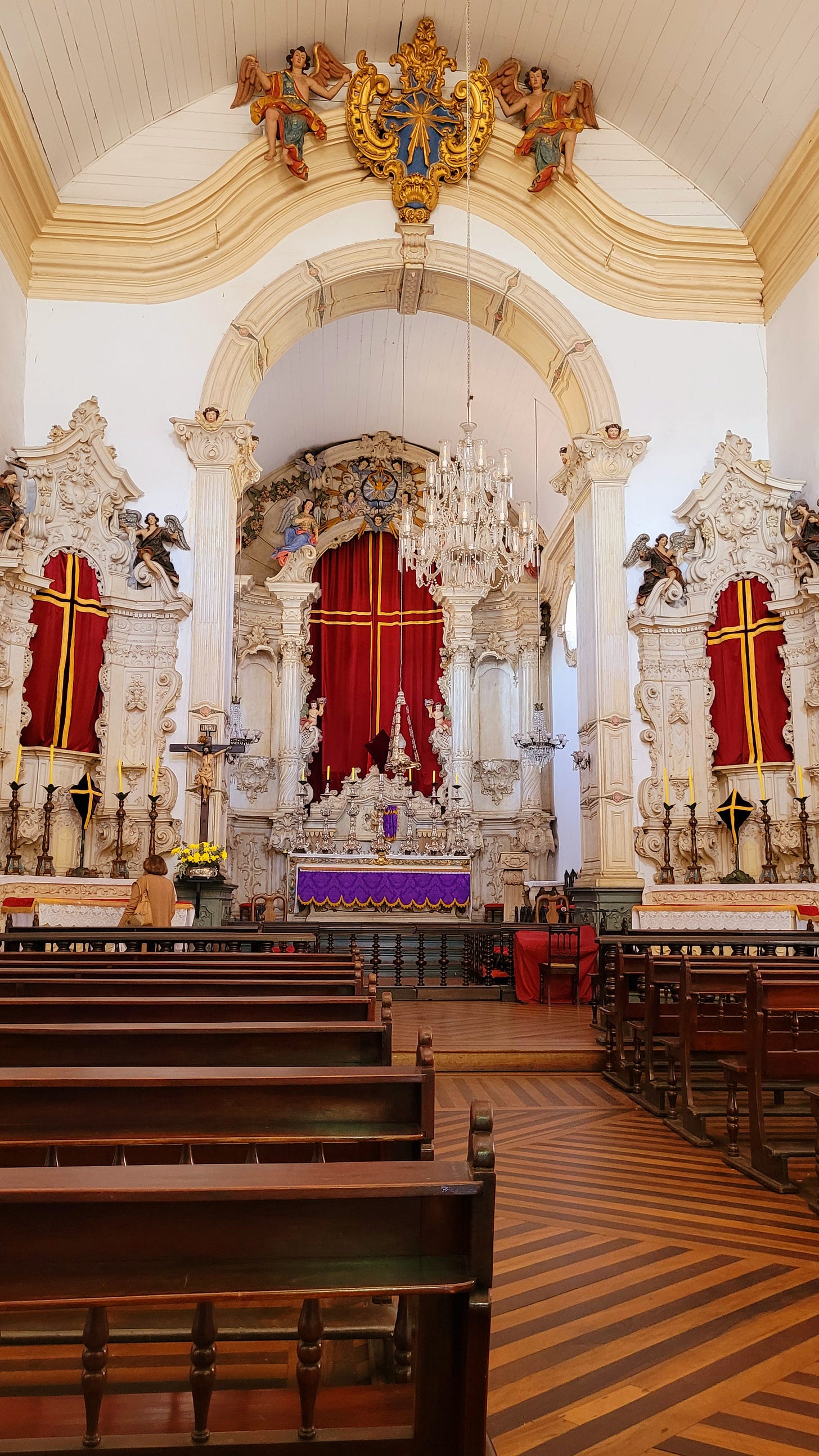This is a reflection born of years spent listening—closely—to what art asks of us. It is less a statement, more a thread I’ve followed inward.
I.
Art is not a luxury. It is the residue of our deepest fire—the soot of survival, the candle in the dim room of a soul trying to see itself. Creative work is not just what we make; it is what we endure in order to speak—in color, in shape, in sound, in silence.
II.
To create is to resist. In a world rushing toward productivity and performance, the artist dares to feel. Dares to pause. Dares to name the unnamed. The creative spirit does not ask for permission. It listens first to the whisper no one else hears—then risks becoming its echo.
III.
Art does not owe you comfort. It owes you truth—and truth rarely arrives polished like river glass or touches down on moth wings. Art holds both the knife and the balm. It opens the wound to reveal the seed of the sacred. What offends, what moves, what bewilders—it all matters, because it all points to life fully felt.
IV.
To live a creative life is to live many lives. The artist is scribe and subject, architect and ruin, child and ancestor. You are never just you when you create—you are all the voices you’ve swallowed, all the hands you’ve held, all the places that have hurt and healed you.
V.
You will doubt. You will wonder if what you make matters. This is an invitation. Doubt is the threshold. Enter it barefoot. Stay long enough to hear the voice beneath the noise—the one that is neither marketable nor performative, but real. Create from there.
VI.
Let no one fool you: beauty is not decorative. Beauty is defiant. To craft something with care in a careless world is a moral rebellion. To make something slowly, in a culture that worships speed, is an offering. Every brushstroke, every comma, every note is a protest against erasure.
VII.
The artist is not above the world—they are of it, in it, bruised by it. We do not transcend; we transform. We rearrange the chaos not to escape it, but to endure it—with our humanity intact.
VIII.
Art is not a mirror; it is a lantern. We do not create to reflect reality—we create to reveal what reality hides. We make to remember. We make to witness. We make to survive.
IX.
Create even when it feels like shouting into the wind. Someone, somewhere, is listening. Someone needs to know they are not alone. Art is long-distance empathy. It outlives our voices. It carries our pulse.
X.
And finally: protect the mystery. Not everything must be explained. Not everything must be known. Let some things remain sacred, wild, unshareable. The soul needs places it can go without being seen.
Let this be our quiet flame. Let us make not for praise, but for presence.
Let us create not to be understood, but to understand. Goodness, like rich earth, grounds us and brings stillness to the mind.
Let us settle into the wisdom that our most concealed actions echo the core beliefs we profess, and what we revere most.
Let us rest in the truth that subtle gestures are often the purest language of the soul.
Let us honor the kind of resilience that does more than leave a mark—it ignites the soft strength tucked within us.
Let us weave hope through our words, making even the hardest moments feel luminous. While thoughtfulness is a gift, it’s in surrender that peace takes root. Think just enough to find your direction—then let trust do the walking.
Let us wander in wonder, along soothing paths and beneath vast skies, where chests rise to greet the light—as if to hold it close, to turn it into something tangible.
Because sometimes, obedience to love is its own reward, and devotion needs no reason beyond a steady heart and a little faith.
T. L.
F. Scott Fitzgerald once wrote, “The world only exists in your eyes. You can make it as big or as small as you want.”
This quote speaks volumes about perception, meaning, and what we choose to value. Often, we seek external validation for our thoughts, feelings, and creations. But Fitzgerald reminds us that worth isn’t determined by others—it flows from the inside out.
What’s “worth it” is deeply personal. A quiet afternoon spent writing a letter, a story read only by one person, or a prayer whispered in solitude—all these moments may seem small to the world but can carry immense weight in the life of the person who lived them. We decide what has meaning. We decide what is worth our time, our hope, our heart.
In a world constantly measuring success by visibility or applause, Fitzgerald’s words invite us back to a gentler truth: that value can be quiet, internal, and unwavering. When we remember this, we grant ourselves the freedom to live intentionally, to love deeply, and to create sincerely—even if no one is watching. That is what’s worth it: living in a way that feels true to our own eyes.
I’ve long believed that a thank you is the silent bending of the soul toward another. It’s not just manners—it’s a trembling recognition that we’ve been touched, seen, altered. It springs from the tender ache of receiving something we did not demand: a gesture, a grace, a glimpse of care. It is the essence of humility, of knowing we are not self-sufficient—that someone else’s luz reached us. A thank you is the echo of gratitude, spoken with open hands.
So, I offer you mine.
T-H-A-N-K-S.








I love this manifesto so very much! And the idea of a thank you being a silent bending of a soul toward another 🥹
Oh yes. Numbers 6/7 - beautiful and true ❤️